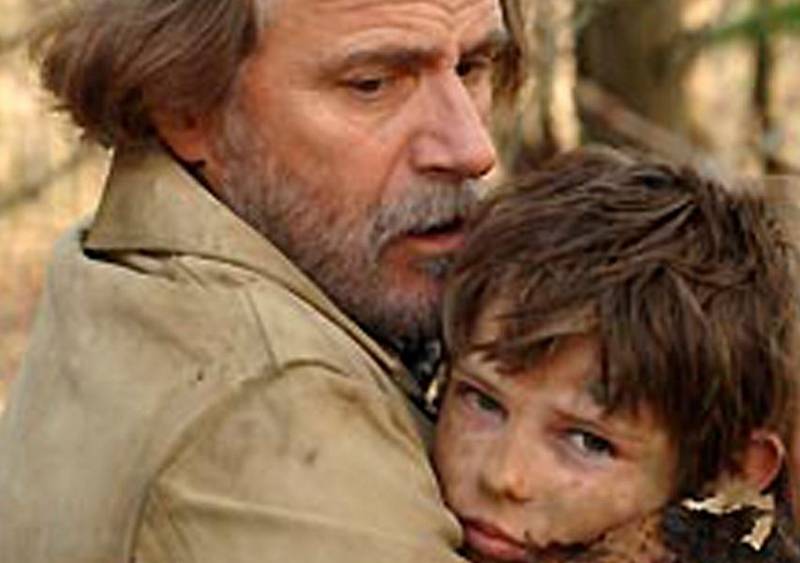TORONTO, Ont. — Oh, what a sad man, and oh, what a sad journey he endures to find inner peace. Jeremy Podeswa‘s “Fugitive Pieces,” which opened the 32nd Toronto Film Festival here Thursday night, is a rare film that deals without compromise with the long, dark lifetime of the soul.
The movie, based on the award-winning novel by Anne Michaels, tells the story of a little Polish boy named Jakob whose family is murdered by the Nazis. He is found huddled under a pile of leaves by Athos, a Greek archeologist (Rade Serbedzija), is brought to live with him on a Greek island, and grows up into a smart and well-liked man but is never freed of his haunted childhood.
Athos accepts a teaching job in Canada after the war, and brings Jakob along. Jakob (Stephen Dillane) becomes a teacher, too, and a writer, in his dreams remembering every detail about his parents and his sister. His friends despair of his introversion, his isolation, his inability to experience happiness. Those qualities destroy one marriage, but eventually he dares to think of happiness with another woman.
The often poetic words of the screenplay, the understated melancholy of the score by Nikos Kypourgos, and the photography of beautiful places with dark memories, all work together to evoke life and loss.
Tragedies in general, and Holocaust dramas in particular, tend to be adapted as movies that give us relief, if not realism, in unlikely sunny scenes. “Fugitive Pieces” is courageous in every frame as it evokes the full consequences of Jakob’s childhood trauma, placing it within a context of continuing tragedy. The producer, Robert Lantos, must have protected this film against those who would have softened or compromised it.
But if I have written that it is so sad, why would you want to see it? A full review must await its opening, but let me quote once again a favorite proverb: No good film is depressing; all bad films are depressing. Here is film of special humanity.
* * *
Now the festival starts 18 hours a day of films in theaters all over town, and we wretches of the press battle our way from one to another. In a few hours, for example, I will see the press screening of “Lust, Caution,” the new film by Ang Lee (“Brokeback Mountain“), and the film’s prospect of getting an NC-17 rating will only make the jostling outside the theater more intense.
It plays as a gala Friday night, along with George Clooney and Tilda Swinton in Tony Gilroy‘s “Michael Clayton” and Reese Witherspoon, Jake Gyllenhaal, Meryl Streep and Alan Arkin in Gavin Hood‘s “Rendition,” a CIA thriller about an illegal detention center. Most if not all of these stars are expected to attend in person, making their way down red carpets under a barrage of flash photography just as if this was, well, Hollywood.
It’s the same story every year: You slog through the summer sequels and action retreads, some of them actually not bad, but you hunger for more ambition and imagination in your movies. And then Telluride and its big brother Toronto come along and you remember, yes, this is why we go to the movies-not to deprive ourselves of two hours of life but to be gifted with two hours of creation.












